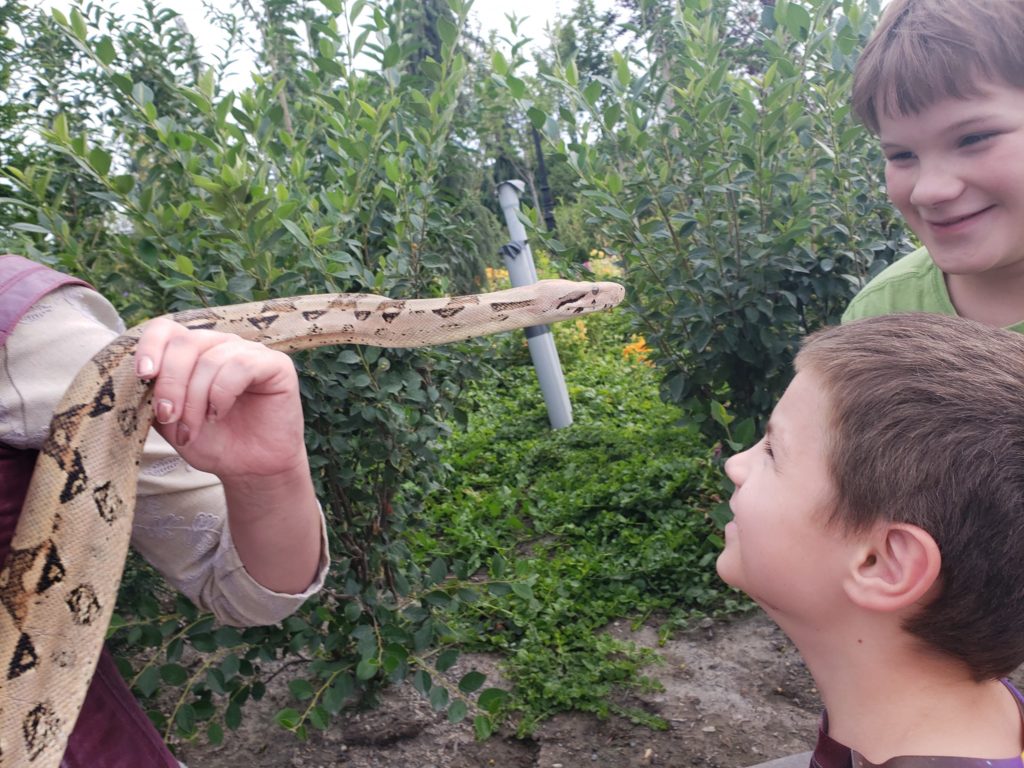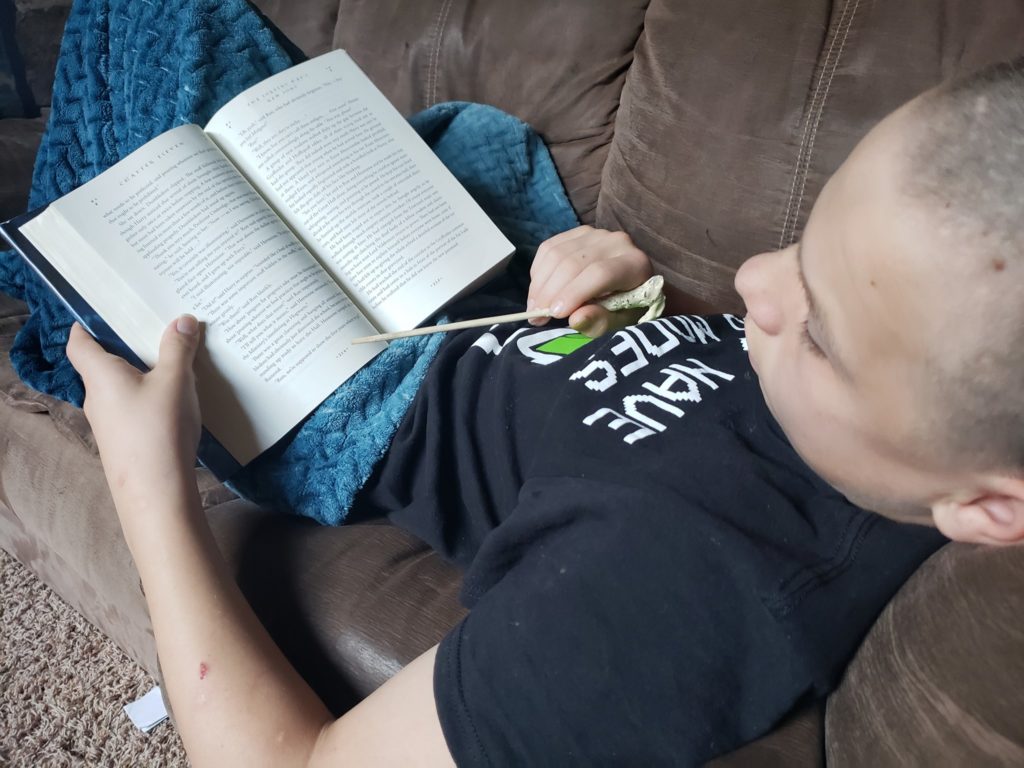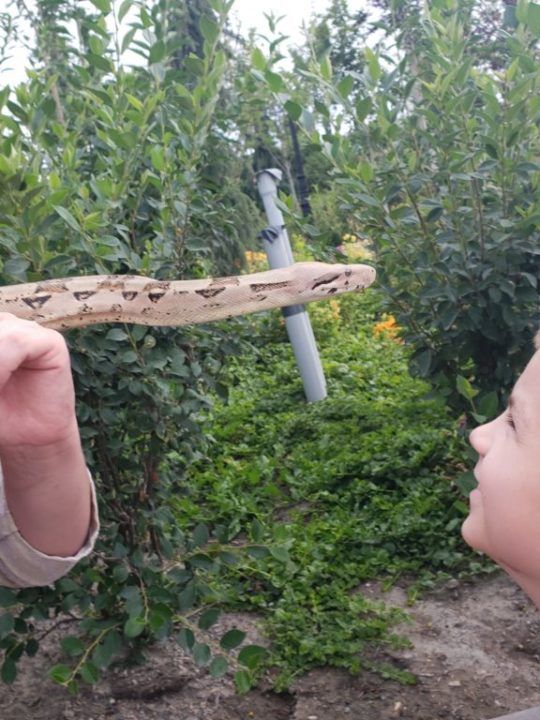If you get to know your kids a little better, you’ll be able to take advantage of the greatest homeschool hack of all time! We’ve found two quick, easy, and free ways that you can get the information you need to create a custom homeschool plan for your family.
Of course, you can use these resources even if you don’t homeschool your kids. I personally think that every family can benefit from these tools, even if they do not homeschool.
Why should you use these tools to get to know your kids?
You probably think you know your children pretty well – and honestly, you probably do. However, there are details that can escape our attention and yet have tremendous impacts on the way our children think, act, and experience the world.
Everyone knows that there are different personality types and learning styles. Some people learn best visually, or by hearing something, or by physically doing something. Some people work best in groups, while others learn best individually.
If you get to know your kids’ unique personalities, you can help you create a homeschool experience that maximizes learning and minimizes frustration.
If you get to know your kids’ unique personalities, you can help you create a homeschool experience that maximizes learning and minimizes frustration.
Nicole Thelin
For example, I have one child that learns best by reading, another that learns best by doing, and another that won’t learn anything unless he’s sitting upside down or balancing on a balance board. Tailoring our homeschool experience to their diverse needs has helped us create a meaningful school experience that doesn’t make me want to pull my hair out (at least, not every day).

Start with the 5 Love Languages test for children.
If you haven’t read the 5 Love Languages for Children book, you should! This incredible resource outlines the five most common ways that children understand love… and once you know how your children receive love, you will know how to communicate your love in the way that is the most meaningful to them.
What does love have to do with education and home school? Everything.
Many national surveys and peer-reviewed studies have shown that children who feel loved have lifelong positive outcomes, including higher self-esteem, improved academic performance, better communication, and fewer behavioral problems.
If you want to get to know your kids better, there is no more important place to start than by identifying their love language. After all, if you want to teach your children something, it helps to start by loving them extravagantly and in ways that they understand best.
The entire premise of the 5 Love Languages is that each individual has one or two primary ways that they understand and feel love. Each one is a little different.
The 5 Love Languages are:
- Words of Affirmation
- Acts of Service
- Receiving Gifts
- Quality Time
- Physical Touch
You may think that you can guess what your children’s love languages are, and you might be right. However, I recommend having your children take the children’s quiz on the 5 Love Languages website to be sure. The results may just surprise you!
Once you’ve identified the primary love languages for your children, make an effort to consistently communicate your love in their love language. I try to show my love in each way every day.

For greater insight into their learning style, try a Meyers-Briggs personality test.
There are 16 personalities in the Meyers-Briggs personality type indicator. In my personal experience, these personality types are so accurate it’s scary.
These different types influence how people perceive the world and make decisions. It also reveals what helps them engage and how they learn best!
The official 16 Personalities guide includes information about the strengths, weaknesses, career paths, workplace habits, and other inclinations of each personality type. We have used that information to help us tailor our homeschool to each child’s unique needs and strengths.
Our family includes an Entertainer, Logician, Debater and Advocate. Identifying these personality types has been mind-blowing, because I’ve been able to see that what I had previously considered “behavior problems” were just small parts of larger patterns, and that our old system of learning wasn’t fitting with our children’s natural strengths.
For example:
Our Logician loves to make connections in different ideas, but often has a hard time staying on task. The personality guide states, “Though Logicians may scoff at the notion, they actually function best when paired with another person.” Our Logician thrives when paired with a sibling and they’re learning much-needed social skills.
Our Debater is, well, argumentative and does best when challenged to argue a certain point or fact. We can set up a scene or introduce an idea, and then ask the Debater to argue for or against something related to what we are learning. This engages the brain and provides a constructive outlet for natural argumentative tendencies.
Our Entertainer is, true to type, very conflict-averse. As a result, it’s important to create safe spaces where this child can experience conflict and work through it in a healthy, safe way.
To learn your children’s personality type, have them take this test at 16Personalities.com. Pay special attention to the strengths/weaknesses, career paths and workplace habits of your child’s personality type.

How can I use the information I learn from these tests?
Once you’ve done the work and finished the quizzes, put that information to work for you.
- Use the child’s love language to reinforce positive behavior and comfort them when they’re struggling.
- Create homeschool plans that play to your children’s strengths, so they can learn easier and have a greater chance of success.
- Challenge your child in areas with known weaknesses, so that they can strengthen those areas and be better prepared for adult life.
- Partner siblings together so that a child who is strong in one area can nurture and mentor someone who is weaker.
There are infinite ways that you can incorporate this knowledge into your homeschool. These are just a few of mine… but I’d love to hear your ideas in the comments below! =D

